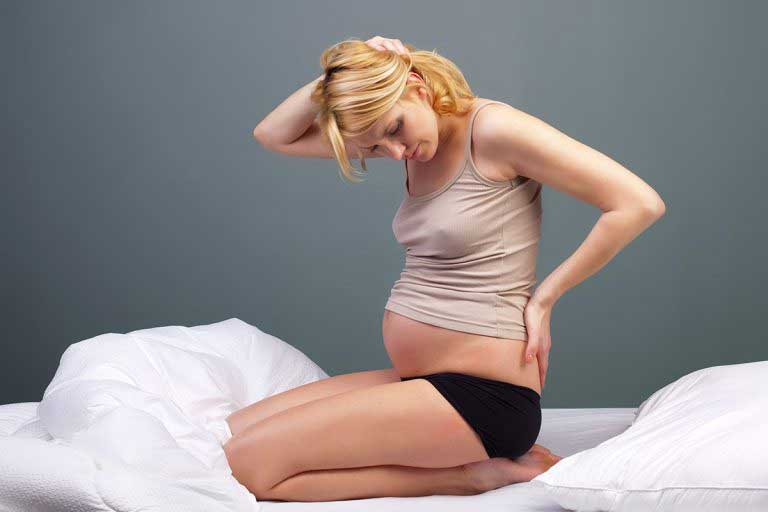
Among many things in pregnancy, Braxton Hicks Contractions (BHC) can cause much confusion. Most people have heard the term before and associate Braxton Hicks Contractions as being a common part of pregnancy, but what is often misconstrued is that they are an expected and necessary part of ‘getting ready for labour’. Many women around 38 weeks become worried that they won’t labour because they haven’t felt any BHC yet. This idea mistakenly comes from BHC being referred to as warm up or practice contractions. When in fact, both the nature of BHC and the effect on hormone release significantly differ from labour contractions, and therefore they have no association with the likelihood of imminent labour at all.
Braxton Hicks Contractions are named after the physician who first described them in 1872. Although much has changed in childbirth and our knowledge about pregnancy since then, Braxton Hicks contractions remain a common occurrence for some women.
Braxton Hicks are a (usually) painless tightening of the muscles around the uterus. I say usually, because for women who experience them very regularly, they can indeed become very uncomfortable. They feel different in nature and certainly different in intensity to labour contractions, and although they are often more frequent later in pregnancy, they are not necessarily a sign that labour is near. BHC aren’t reactive to hormones, nor do they influence hormone release, so they are not associated with changes to your cervix or decent of the baby in the pelvis (unlike labour contractions). They key with recognising the difference between BHC and labour is regularity. Contractions like Braxton Hicks that are associated with muscle tightening occur randomly and sporadically, whereas contractions influenced by hormone release are regular and rhythmical. BHC have a tendency to occur frequently when the muscles are more active or irritated, by baby’s movement or increased physical activity, whereas labour contractions are consistent, regardless of whether a mother or baby are active or at rest.
Some women experience BHC as early as 12-16 weeks gestation and they are likely to continue to occur throughout pregnancy. It is important to know that much like other pregnancy symptoms, not all women will experience BHC. You may experience them in one pregnancy and not at all in the next, you might feel them early in pregnancy and not as much at the end; there is no right or wrong.
If you are experiencing BHC, there is little that can be done to prevent them. Rather, focus on identifying if there is anything that influences their frequency, and keep yourself comfortable with things like heat packs and warm baths if it helps.